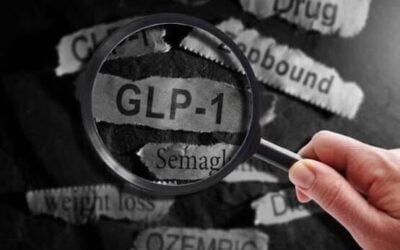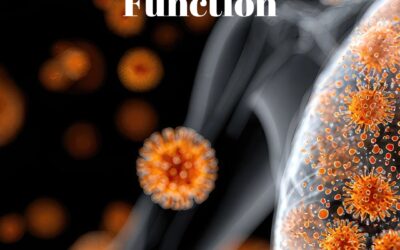A new homeopathic research study showed the ability of Belladonna and a MRSA nosode to be effective at inhibiting growth of MRSA in vitro.1 MRSA – methicillin-resistant Staphylococcus aureus – is a growing global concern, and the ability to treat effectively with alternatives to antibiotics is of growing interest and necessity.
Belladonna and MRSA
The study looked at the ability of belladonna or nosode and Belladonna or nosode followed by oxacillin to inhibit the growth of MRSA in a culture medium. Bell and MRSA nosode were prepared in 6cH and 30cH potencies in 30% alcohol and sterile water. The Brazilian Homeopathic Pharmacopeia standards were followed. These preparations were then tested on MRSA National Collection of Type Cultures (NCTC) 10442, alone and in combination with oxacillin, at minimum inhibitory concentration. In vitro bacterial growth was assessed through deoxyribonuclease (DNAase) and hemolysin activity, and in vitro as well as total bacterial growth. Control was 30% alcohol and water.
The Results
The results showed that the MRSA growth was inhibited at a statistically significant level with the Bell and nosode preparations – both 6cH and 30cH compared to controls. The combination of oxacillin also showed significant inhibition. The test cultures with oxacillin did show more inhibition than did the homeopathic preparations alone.Bacterial DNAase production was significantly reduced in the homeopathic only samples. This research supports the use of homeopathic preparations alone and in conjunction with conventional therapy for MRSA infection.
Source:
- Passeti TA, Bissoli LR, Macedo AP, Libame RB, Diniz S, Waisse S. Action of antibiotic oxacillin on in vitro growth of methicillin-resistant Staphylococcus aureus (MRSA) previously treated with homeopathic medicines. Homeopathy. 2017;106(1):27-31.
 Node Smith, associate editor for NDNR, is a fifth year naturopathic medical student at NUNM, where he has been instrumental in maintaining a firm connection to the philosophy and heritage of naturopathic medicine amongst the next generation of docs. He helped found the first multi-generational experiential retreat, which brings elders, alumni, and students together for a weekend campout where naturopathic medicine and medical philosophy are experienced in nature. Three years ago he helped found the non-profit, Association for Naturopathic ReVitalization (ANR), for which he serves as the board chairman. ANR has a mission to inspire health practitioners to embody the naturopathic principles through experiential education. Node also has a firm belief that the next era of naturopathic medicine will see a resurgence of in-patient facilities which use fasting, earthing, hydrotherapy and homeopathy to bring people back from chronic diseases of modern living; he is involved in numerous conversations and projects to bring about this vision.
Node Smith, associate editor for NDNR, is a fifth year naturopathic medical student at NUNM, where he has been instrumental in maintaining a firm connection to the philosophy and heritage of naturopathic medicine amongst the next generation of docs. He helped found the first multi-generational experiential retreat, which brings elders, alumni, and students together for a weekend campout where naturopathic medicine and medical philosophy are experienced in nature. Three years ago he helped found the non-profit, Association for Naturopathic ReVitalization (ANR), for which he serves as the board chairman. ANR has a mission to inspire health practitioners to embody the naturopathic principles through experiential education. Node also has a firm belief that the next era of naturopathic medicine will see a resurgence of in-patient facilities which use fasting, earthing, hydrotherapy and homeopathy to bring people back from chronic diseases of modern living; he is involved in numerous conversations and projects to bring about this vision.





















